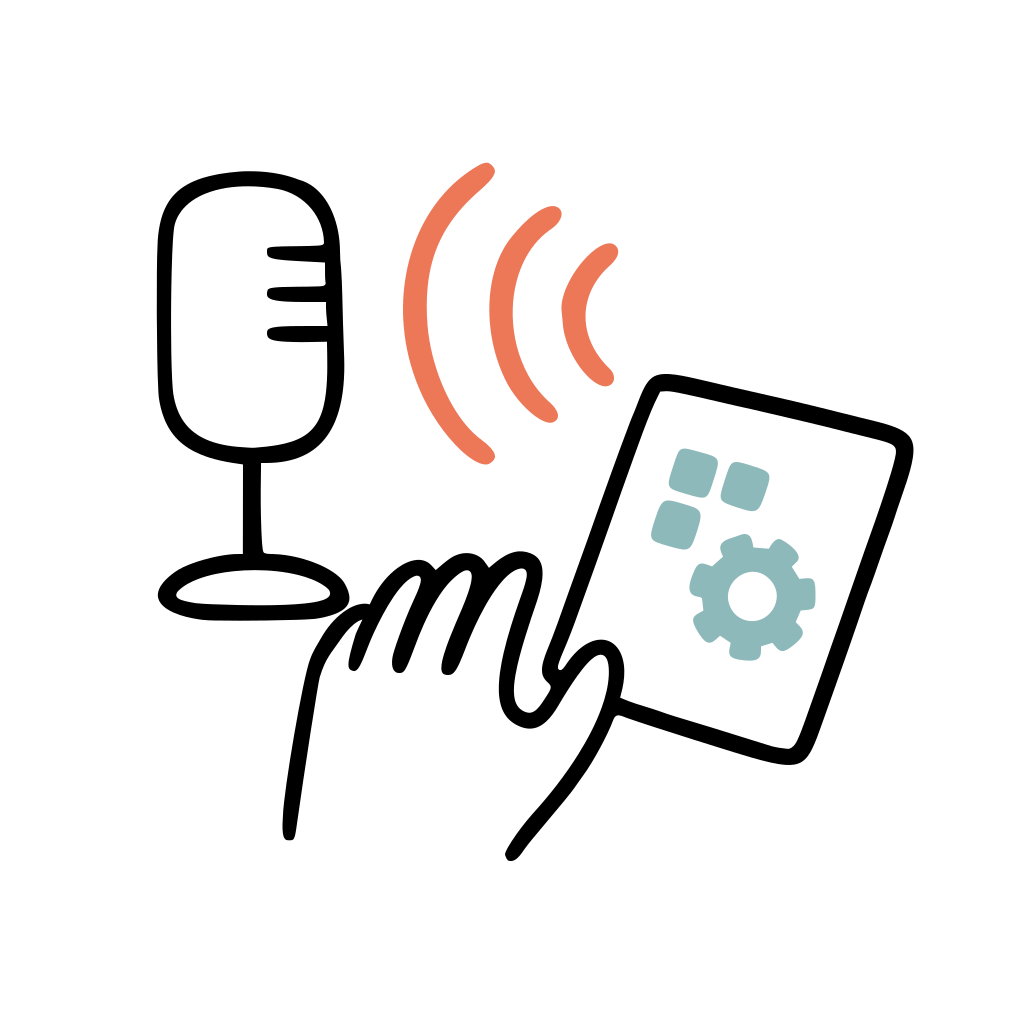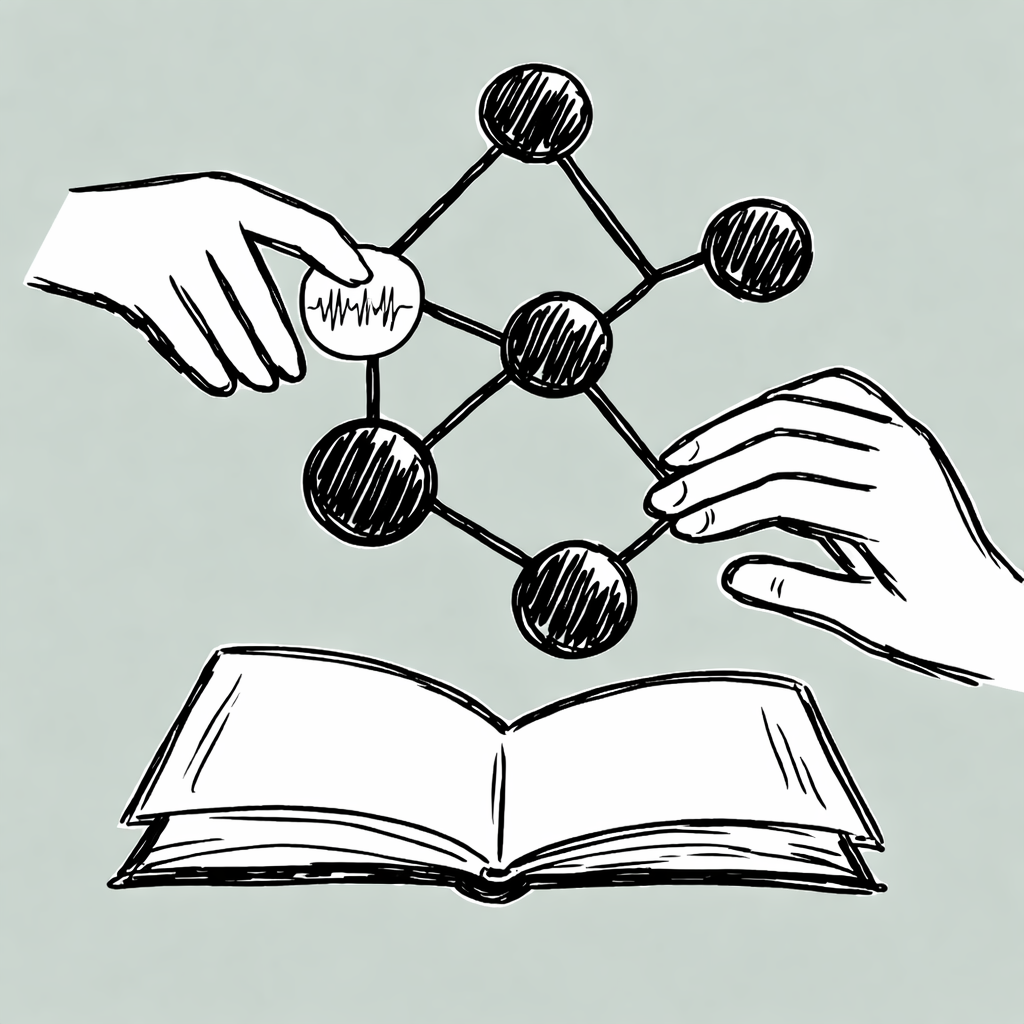Preserved Voices,
Human Interpretations,
Computational Lenses
Where stories are unfolded, meanings discovered, and patterns illuminated.

International Digital Oral History Lab
A collaboration between UCL and TU Darmstadt
Research &
Collaboration
Leading projects in Oral History, critical AI, and Digital Humanities across international partnerships.
View projects →Teaching &
Training
Master's courses, PhD supervision, and workshops emphasise ethical digital methods in oral history.
Learn with us →Events &
Engagement
Online seminars featuring international experts and open events connecting researchers worldwide.
Join us →Our mission
Memory, Meaning Making, and AlgorithmsAs a discipline, practice, and social movement, Oral History captures and preserves personal and collective memories that offer vital insights into lived, human experiences. Digital technologies are now reshaping how we record, access, and interpret these memories. The International Digital Oral History Lab investigates the impact of algorithmic processes, including AI and natural language processing, on oral history research. By combining qualitative and quantitative methods, our work examines how digital tools influence memory, meaning-making, and historical understanding in an increasingly data-driven world.

